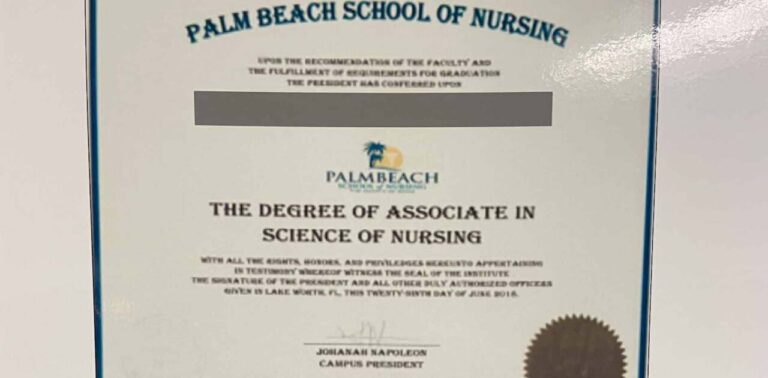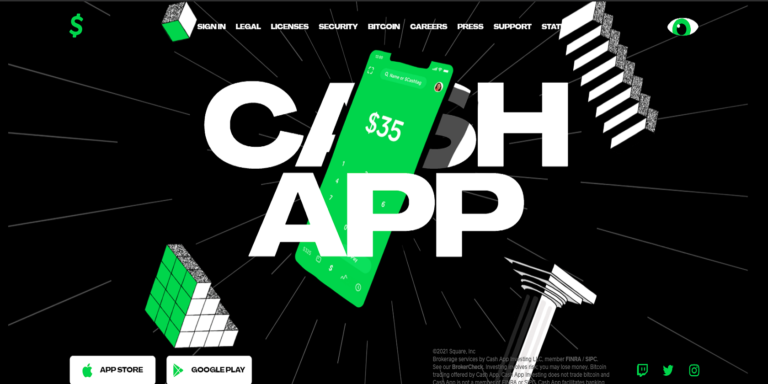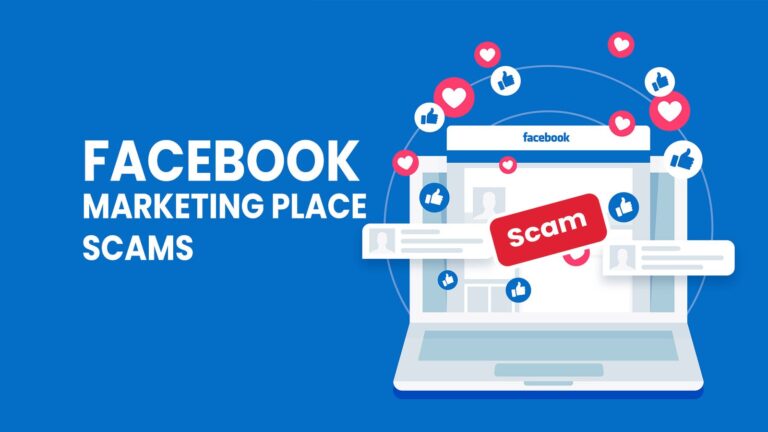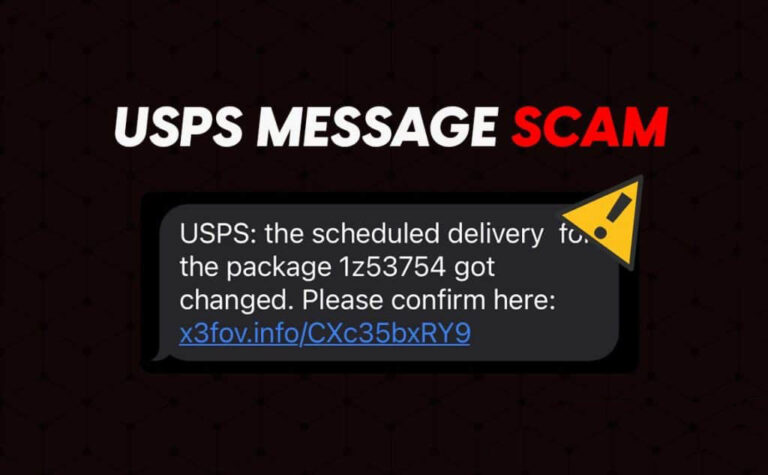Paypal Scam Email: Paypal Email invoice scam
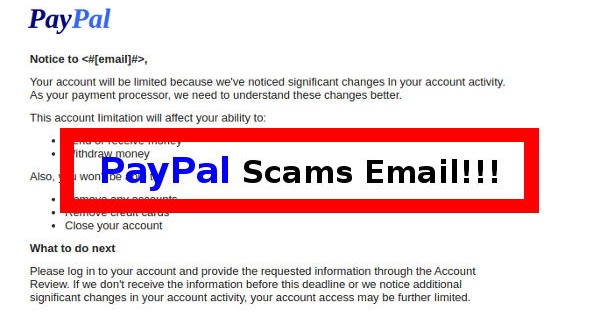
PayPal is a widely used and trusted online payment platform that simplifies financial transactions. However, its popularity has also made it a prime target for scammers seeking to exploit unsuspecting users through PayPal email scams. In this blog post, we’ll explore the world of PayPal email scams: what they involve, how they work, and, most importantly, how to recognize and protect yourself from these deceptive schemes.
Understanding PayPal Email Scams
PayPal email scams are fraudulent emails that impersonate PayPal, aiming to trick recipients into revealing personal and financial information or making unauthorized payments. These scams often exploit the trust users have in PayPal’s brand and reputation.
The Anatomy of PayPal Email Scams
PayPal email scams typically follow a common pattern, often unfolding as follows:
- Impersonation: Scammers send emails that appear to be from PayPal, complete with the company’s logo and branding. These emails often address the recipient by name, enhancing their apparent legitimacy.
- Urgent Message: The email typically contains a sense of urgency, such as a claim of unauthorized activity on the recipient’s account or the need to verify their identity.
- Link to a Phishing Website: To resolve the urgent issue, the email instructs the recipient to click on a link that leads to a fake PayPal login page. This page is designed to steal the recipient’s login credentials.
- Requests for Personal Information: Some scams may request additional personal information, such as Social Security numbers, credit card details, or even copies of identification.
- Unauthorized Transactions: Scammers may falsely claim that unauthorized transactions have occurred on the recipient’s account, urging them to take immediate action by clicking on a link or providing information.
Recognizing the Red Flags
Spotting the warning signs of PayPal email scams is essential for protecting your finances and personal information. Here are common indicators to be aware of:
- Generic Greetings: Legitimate PayPal emails usually address you by your full name. Be wary of emails that use generic greetings like “Dear User” or “Dear Customer.”
- Urgency: Scammers often create a sense of urgency, pressuring you to take immediate action. Beware of emails that claim your account will be suspended unless you act quickly.
- Check the Email Address: Examine the sender’s email address closely. Scammers may use addresses that resemble PayPal but have slight variations or misspellings.
- Hover Over Links: Before clicking on any links, hover your mouse cursor over them to view the actual web address. Verify that the URL matches PayPal’s official website (https://www.paypal.com).
- Requests for Personal Information: Legitimate companies, including PayPal, do not request sensitive information like Social Security numbers or ID copies via email.
Protecting Yourself From PayPal Email Scams
Defending against PayPal email scams requires vigilance and informed decision-making:
- Do Not Click on Suspicious Links: Avoid clicking on links in emails if you are unsure of their legitimacy. Instead, navigate directly to the PayPal website by typing the URL into your browser.
- Verify Account Status: If you receive an email claiming issues with your PayPal account, independently log into your PayPal account to check its status and transactions.
- Enable Two-Factor Authentication (2FA): Enable 2FA on your PayPal account for an added layer of security.
- Report Suspected Scams: If you receive a suspicious email, report it to PayPal and forward it to their official spoof email address (spoof@paypal.com).
- Educate Yourself and Others: Stay informed about common email scams and share information with friends and family to help protect them from falling victim.
Conclusion
PayPal email scams prey on trust and urgency, attempting to deceive users into revealing personal and financial information. By staying informed, practicing caution, and recognizing the red flags associated with these scams, you can protect your financial assets and personal data from falling into the wrong hands. Remember that PayPal will never ask for sensitive information via email, and legitimate communications from them will always be accessible through your account dashboard.


